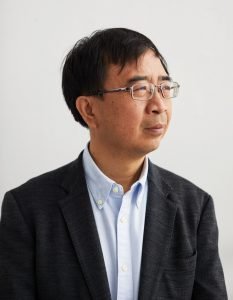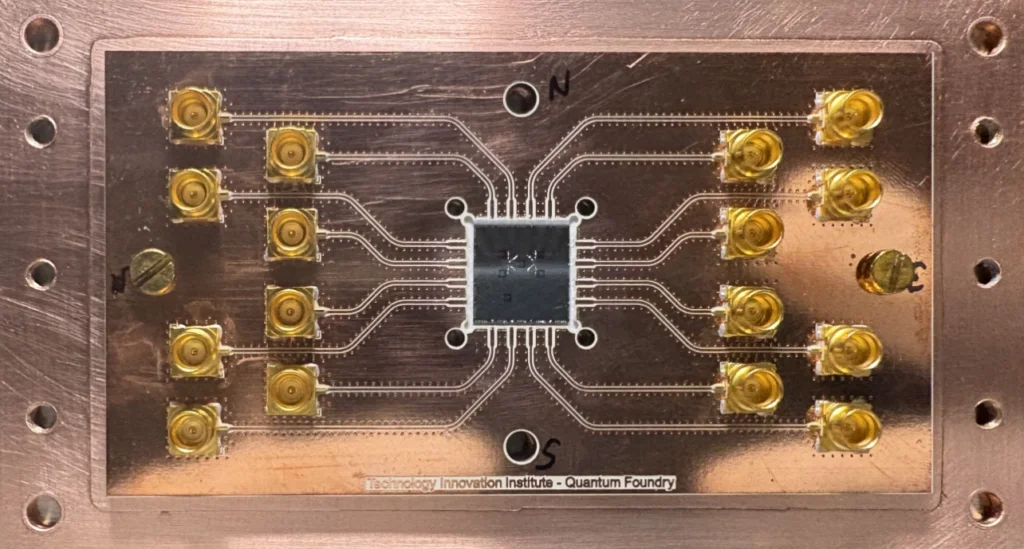
Confucius’ Influence
It’s not easy being a genius — or at least that tag being ascribed to you, especially in a country like China, where showing humility in your achievements, not standing out from the crowd and working in a team are all held in high regard.
These are the vestiges, I suppose, of Confucianism. They have been like an indomitable glue that has held the Chinese people together for more than two thousand years.

So it comes as a bit of a surprise that Professor Jian-Wei Pan, a physicist at the University of Science and Technology of China, dubbed China’s Caltech, has been lauded by the media as the ‘Father of Quantum’. Pan became the youngest member in history of the Chinese Academy of Sciences, at the tender age of 40.

But perhaps the adulation and respect have been earned: his achievements, so far include, in 2016, work constructing and coordinating a Chinese satellite, called Micius, which transmitted from a height of almost 500 kilometres, data packets to a ground station in China and then sometime later to a second in Austria.
‘The near-term target is indeed to make telecommunication more secure. But quantum information can do more than this. We believe that a practical quantum computer can be built within a few decades. Through the quantum internet, cloud quantum computation will be a basic resource in the future.’
Photon Technology
On the data packets were encryption keys encoded with photons which were used to secure the data on the said transmissions. The keys were in a delicate quantum state, meaning any disturbance in the transmission, any outside interference from hackers would render the encryption key useless, collapsing the quantum state. The actual video link, however, was encrypted using traditional methods. Only the keys themselves used to decrypt the video were quantum.
This is quantum key encryption in practice and is far more secure than traditional methods, which use the binary system for transmission in zeros and ones.
Grand Visions
The Chinese leadership values such innovation, especially now since President Xi Jinping wants his country to lead the world in all areas of technology within the coming decades. China has plans to be a world leader.
And quantum computing is no exception to the rule.
Pan’s efforts, then, have gone some way in moving Beijing’s ambitions up a gear and steering them towards their future goals in this technological sphere.
‘We were only the follower and the learner at the birth of modern information science,” he said. “Now we have a chance … to be a leader.’ — Professor Jian-Wei Pan
So, it seems Pan — a Chinese Obi-Wan Kenobi, a Jedi master of the quantum world — has a lot of weight on his shoulders.

But could the expectations be too much? Could it lead to burnout or the disappointment of false promises not made good?
There is no doubt Pan and the rest of the Chinese scientific community working tirelessly on technological projects around the Middle Kingdom see it as their manifest destiny. One of his ultimate goals is to build a constellation of satellites that will go around the world and help to facilitate — what he calls — a ‘super-secure quantum internet’.
Whether he and his Chinese colleagues, the Americans, a joint European effort or the dark horses in this global race for technological supremacy — the Russians — manage to accomplish it, for the moment at least, the outlandish dreams promised by Pan can be seen as a destination to reach for, and who better to lead them there than the ‘Father of Quantum’ himself.
















